Diesel fuel is among the popular fuel choices for common consumers. However, diesel fuel has different characteristics compared to gasoline. Diesel engines are typically plagued with poor emission, increased deposits and incomplete combustion. In some cases, we need to regularly check the combustion chambers, valve and injectors for accumulated deposits. This has direct impact on car’s performance and diesel engine also has the tendency to suffer from oxidative breakdown. We need to check the storage tank regularly for water presence and possible microbial infestation.
On the other hand, diesel engines are considered as more efficient and they rely on compression ignition, instead of spark plugs. Diesel engines also tend to last longer and they are more durable. Unfortunately, diesel fuel couldn’t burn as cleanly and this should be expected, because diesel fuel has heavier, larger hydrocarbon chain molecules. In general, hydrocarbons with larger molecules tend to store more energy than short-molecule hydrocarbons. But, the more complex structure increases the chance for incomplete combustion.
When hydrocarbons combust completely, they are converted into carbon monoxide, carbon dioxide and other gasses, as well as some water vapour. When diesel fuel fails to combust properly, some portion of the molecules will remain in the engine and this will accumulate into deposits. In general, it may not be possible to create a completely clean and efficient diesel engine, but we should also be able improve the performance to reach higher degree of combustion. When deposits accumulate in the combustion chamber, they will act as both fuel sponges and insulators. When this happens, the diesel engine is unable to release the same amount of excess heat and it could become somewhat hotter during normal conditions. When a diesel engine gets hotter, more nitrogen oxides are released and this could result in poor air quality.
We should be aware that excessive chamber deposits could further disrupt the operation of of the engine. Performance could be lowered, because less fuel is absorbed and the proper air flow will be disrupted. Typically, we could find more deposits around the piston bowl. Fuel can be absorbed by the deposits in the chamber, because they are porous. In this case, small crevices and cracks in the deposit structure could act as sponges. Combustion chambers could have more impact on the overall engine performance and mileage. Various studies show that deposits on the valve and injector could also have undesirable impacts on fuel economy.
Diesel engines use fuel injection technology. Larger engines employ DI or direct injection, while smaller engines use IDI or indirect injection. For fuel economy reasons, typical passenger cars with diesel engines use DI. While DI is more efficient, IDI is generally quieter and smoother. Fuel injector is used to spray fuel vapour into the compressed, hot air in the chamber and this will result an auto-ignition. Key requirements for good combustion require fuel-air mixing, atomization and efficient metering. This is especially important when we seek to achieve lower level of emission.
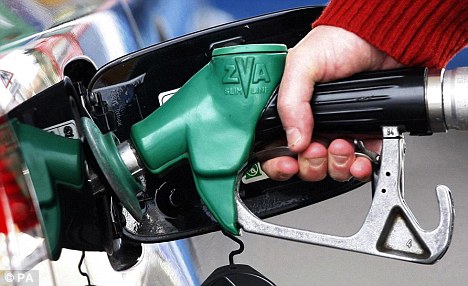













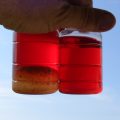



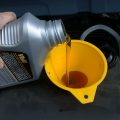



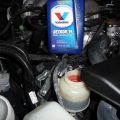


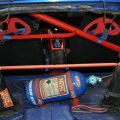






No Comments
Leave a comment Cancel